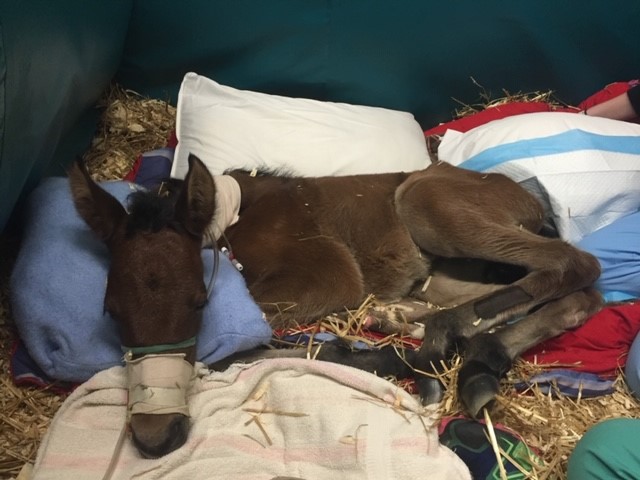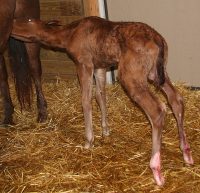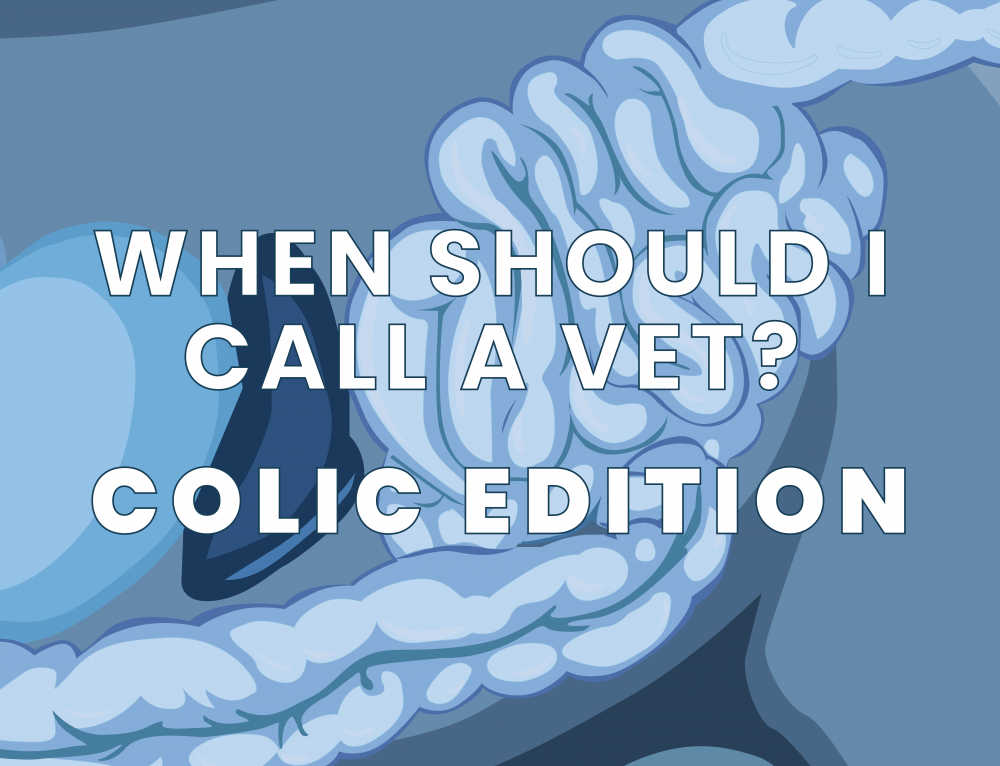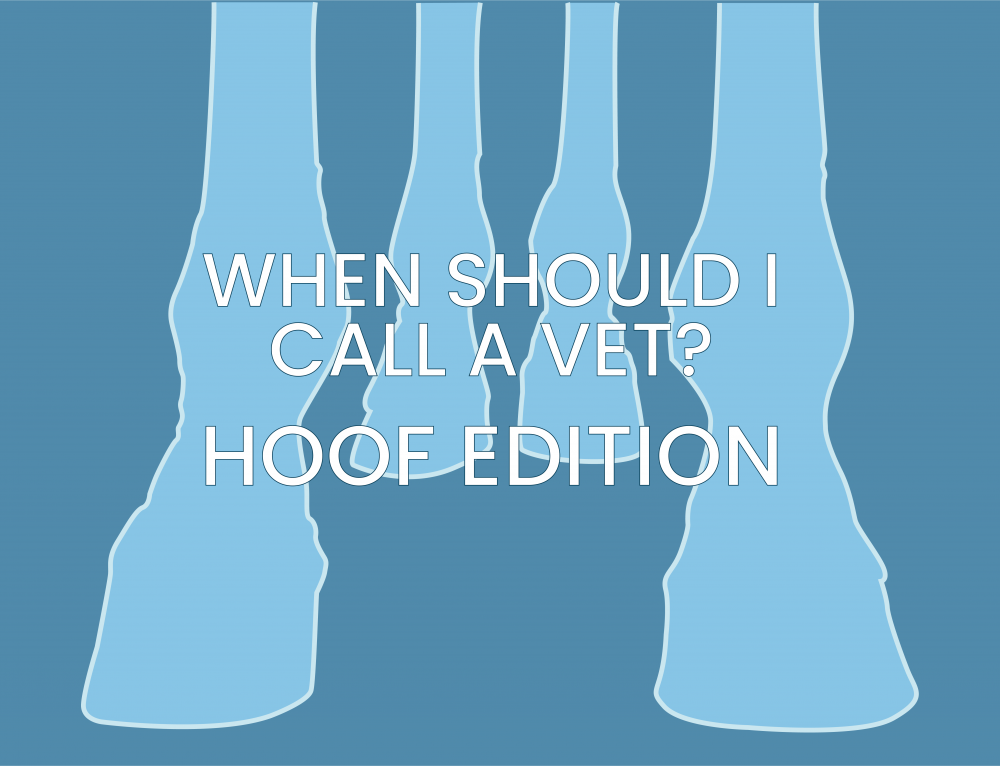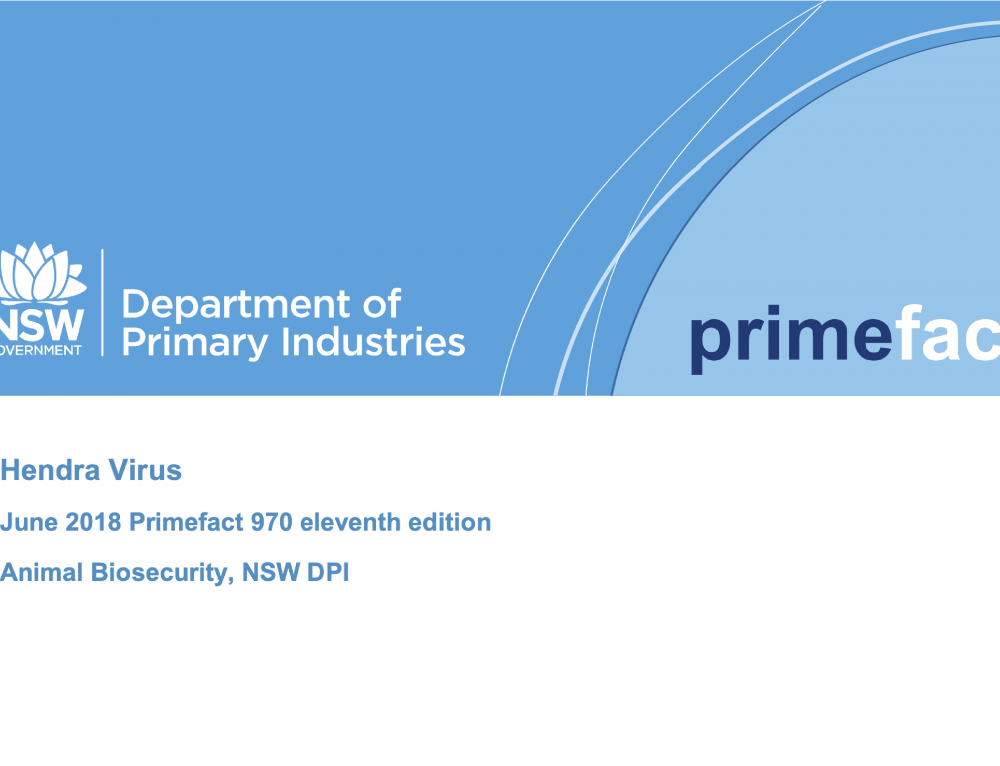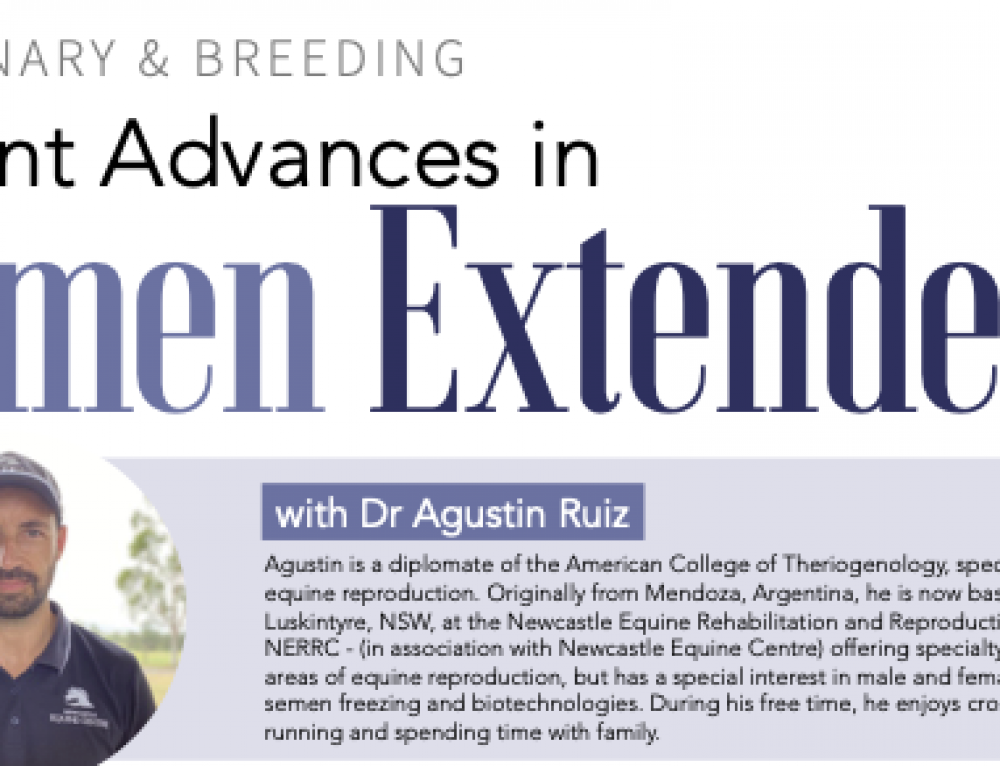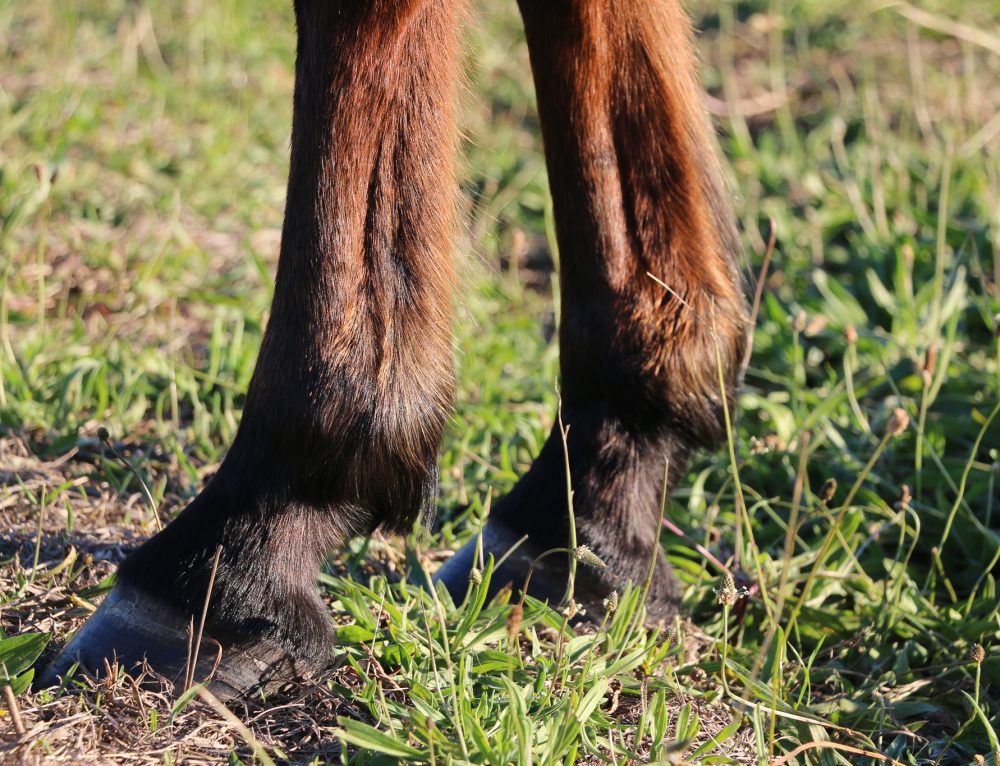BY Dr. Lisanne Gallent
Medicine Specialist.
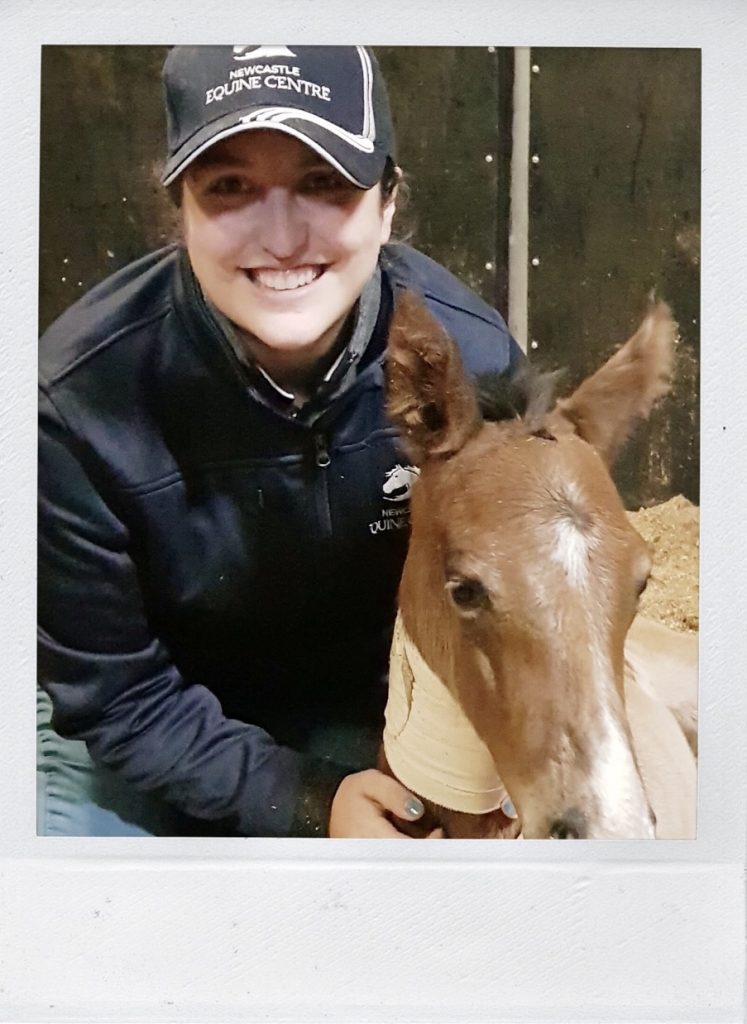
It’s that time of year! As exciting as foaling season can be, what do you do when your new arrival gets sick or isn’t thriving as you’d expect? Here at NEC we offer everything in neonatal foal care ranging from healthy foal checks to intensive and critical care under the supervision of our internal medicine team.
A basic guideline to follow when your new bundle arrives is the “1-2-3 rule”. Your foal should be standing by the first hour of life, nursing well by the second hour of life, and the mare should have passed her placenta by the foal’s third hour of life. If your mare and foal deviate from this timeline at all we highly recommend contacting us for further advice and possible intervention.
Once your foal is born even though everything may seem “normal” it is very important to ensure your foal has received enough good quality colostrum to achieve adequate passive transfer.

Failure of Passive Transfer
Failure of passive transfer is something that occurs when your foal has not received the important antibodies from its dam to provide it with a healthy immune system until it can develop its own (which usually takes 2-3 months). The foal receives these antibodies through the mare’s colostrum (the thick, almost yellow milk-like substance the mare produces immediately after birth). Failure of passive transfer can occur in multiple ways: the mare didn’t produce any colostrum, or very poor-quality colostrum; the foal was unable to nurse appropriately during the first 24 hours of birth; the foal was able to nurse, but its gastrointestinal tract was unable to absorb the colostrum appropriately.
If your foal experiences failure of passive transfer, it is at a very increased risk of disease and infection since it has no immune system to protect it from the environment’s pathogens. It can be very hard to assess passive transfer without an IgG test so we highly recommend running routine IgG tests on every foal even if they look healthy! An IgG test will measure the level of immunoglobulin G in the foal’s blood which is a measure of passive transfer from the mare.
We recommend a healthy foal check at 24 hours of age to assess IgG level (to confirm your foal has received enough colostrum), and will include a thorough physical exam to screen for any early signs of disease or congenital abnormalities. This can easily be done on farm for a bundle cost of $150 + travel. If any abnormalities are noted or the IgG level comes back low (indicative of failure of passive transfer) your foal will have already been properly assessed which will facilitate treatment whether it’s as simple as treating in the field or needs to be hospitalized.
Even though neonatal foals are very cute, they are much more prone to serious, life threatening disease and can become critical within a matter of hours. Our residency-trained medicine specialist Dr Lisanne Gallant has extensive experience in equine neonatal medicine and has spent portions of her advanced residency training working in neonatal intensive care units. She is currently working towards board certification with the American College of Veterinary Internal Medicine in order to offer you the most advanced care for your equine neonates. If you have any questions regarding your foal or anything regarding neonatal medicine, please don’t hesitate to contact Lisanne at lisanne.gallant@newcastleequine.com.au
We are looking forward to hearing from you and can’t wait to assist you in ensuring your newborn foal has a strong start!
